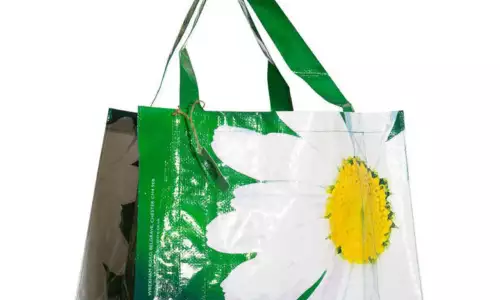
Creative Garden Centre Marketing Ideas - Blooming Success for Events & Promotions
Blog Post
6 Nov 2023
Looking for Garden Centre Marketing Ideas to increase footfall to your busi...
Read moreKey information on the Carrier Bag Charge in England and the UK. Learn about carrier bag laws and exemptions. Discover the promotional opportunities for retailers, charities, FMCG brands, supermarkets and other businesses. Swap Plastic Carrier Bags for Reusable Bags - beat the bag charge and create branding and marketing opportunities for your retail business, or any business looking to promote sustainability.

Blog Post
6 Nov 2023
Looking for Garden Centre Marketing Ideas to increase footfall to your busi...
Read more
Blog Post
24 Oct 2023
The Takeaway Food & Delivery market has boomed in the UK over the past deca...
Read more
Blog Post
4 Jun 2021
Independent Retailers in the UK celebrate and promote their retail business...
Read more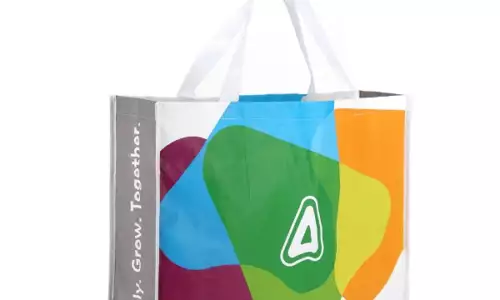
Blog Post
5 May 2021
Matt from Smartbags.co.uk talks about our Reusable Bags for Life. A great a...
Read more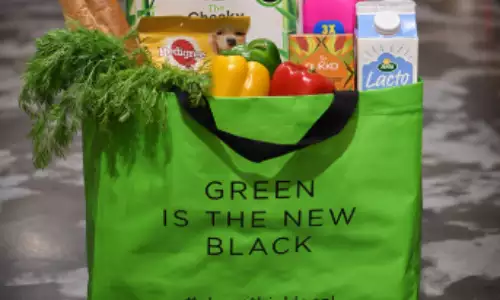
Blog Post
3 May 2021
The Plastic Bag Charge will be extended to small retailers in England on Ma...
Read more.webp)
Blog Post
5 Apr 2021
The plastic bag charge was raised to 10p and extended to small retailers in...
Read more
Blog Post
7 Oct 2020
The Covid pandemic and subsequent lockdowns have been a huge blow to gyms a...
Read more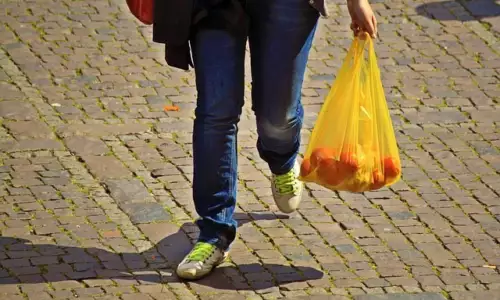
Blog Post
11 Sep 2020
The plastic bag charge has been a great success. It's dramatically changed ...
Read more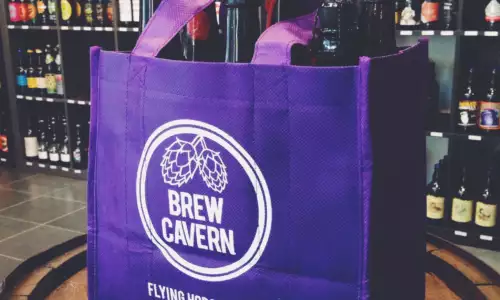
Blog Post
30 Apr 2018
How to use Branded Beer Bottle Bags to promote craft beer brands & brewerie...
Read more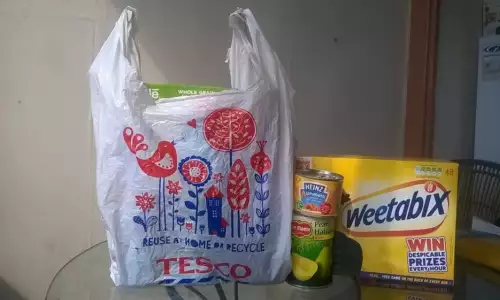
Blog Post
9 Aug 2017
Tesco are stopping sales of 5p single-use carrier bags and switching to Bag...
Read more
Blog Post
18 Apr 2016
It's been 6 months since Bag Charge England was introduced and data is star...
Read more
Blog Post
14 Oct 2014
The story of the environmental impact of 3 types of shopping bag - single u...
Read more